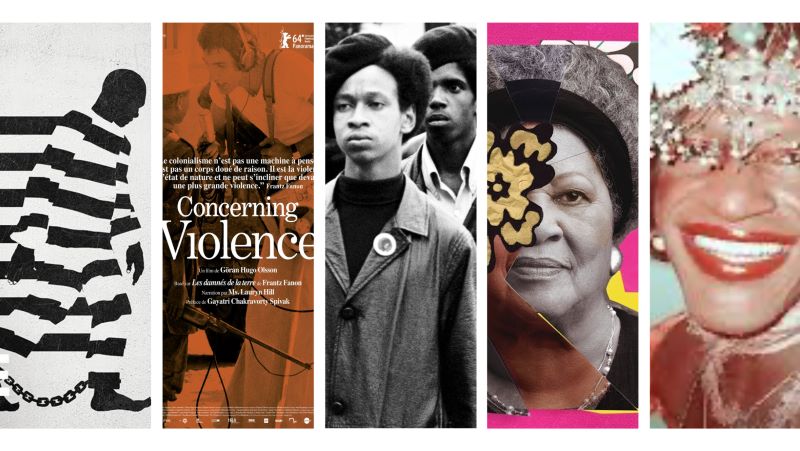Photo by Gustavo Fring
History is replete with tales of courage, and determination of many men and women of Black origin. Whether they be from the victories against slavery or colonialism, or the strident march against racial discrimination, exploitation, and oppression, the Black race has brought forth men and women whose accomplishments have not only turned the course of history but have also left an indelible mark in the sands of time.
Occasionally dwarfed by the histories of Malcolm X, Martin Luther King Jr, and Rosa Parks amongst others, these hidden gems continue to hold a place in the tapestry of Black history.
The Great Debaters of Wiley College
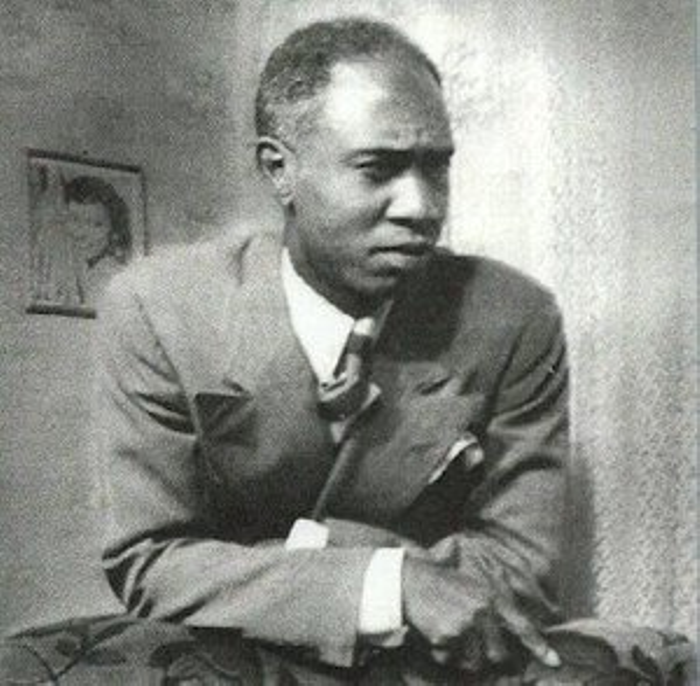
Professor Melvin B. Tolson Source: Wikimedia Commons
In a time where racial segregation in the South was rife, especially in academics, the Wiley College Debate team founded by Professor Melvin B. Tolson in 1924 became a voice of persuasion and reason to the tearing down of racial barriers, confrontation of social norms especially the negative opinion about the intellectual capacity of African Americans, and the integration of academic spaces.
With remarkable successes against other colleges around the nation, the Wiley College Debate Team attained a notable milestone when it defeated the University of Southern California in 1935.
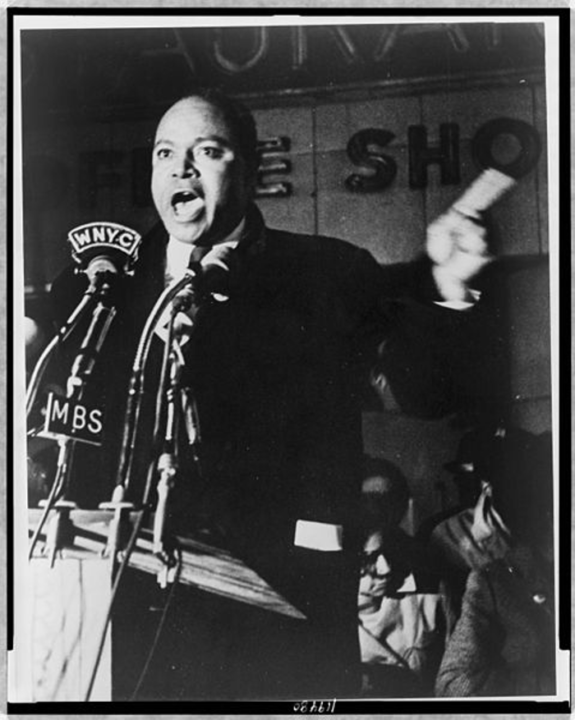
James Farmer, Jr. giving speech in 1965. Public Domain.
Its victories contributed to the strengthening of the civil rights movement as one of its young debaters, James Farmer Jr aged 14 years went on to become one of the prominent civil rights leaders heading the Congress of Racial Equality which sent Freedom Riders to confront segregation on interstate buses.
The victories of the Wiley College Debate team inspired a new generation of African Americans in academia. Helping many believe in the capacity of the spoken word to bring about meaningful societal change.
Defiant Women of Aba
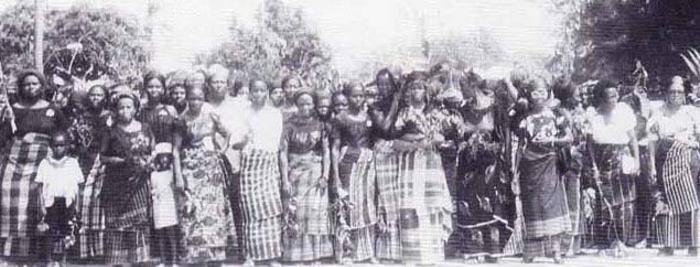
60th Anniversity re-enactment of Women’s Protest during Womens War of 1929, AbaCourtesy National Museum Uyo, Fair use
In 1929, the British colonial government machinery was already working at full steam. Imposition of tax levies had become a normal occurrence with little or no pushback. While many grumbled under the weight of colonial oppression offering little physical resistance, a group of women from the South Eastern part of Nigeria decided to confront what they deemed an obnoxious tax levy imposed on women.
Their rallying cry was the spark needed to ignite a fire amongst other women from the various ethnic nationalities within the region leading to one of the major uprisings against colonial oppression in the country.
These remarkable women gave voice to not only the high-handedness of the British tax administrators but also shed light on the social inequality and economic burden imposed by the British colonial rule. The camaraderie exhibited by these women was a turning point to the growing disdain for colonialism and the growing wave of anti-colonial struggle.
Jesse Owens: Tearing Down the Aryan Narrative
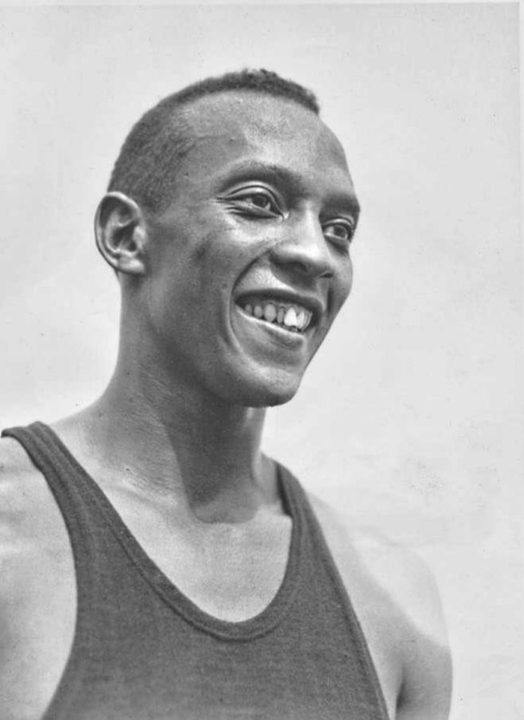
Jesse Owens. Public Domain
The events leading up to the second world war were rife with Nazi propaganda of a superior Aryan race that was destined for domination. To demonstrate such superiority, Nazi Germany was scheduled to hold the 1936 Berlin Olympics.
Jesse Owens, a Black track and field athlete, though faced with racial segregation and discrimination back home in America became a symbol of truth on the equality of all men by going on to win four gold medals in the track and field event. His remarkable achievement put an idea to the Nazi propaganda, racial stereotypes, and the fallacy of racial superiority theories.
Beyond his athletic victories against the Nazi propaganda machine, Jesse Owens faced continued racial segregation back at home. Using his influence, Owens continued to speak up for racial equality, especially in sports.
Refusing to participate in segregated events, Owens continued to use the power to unite people across racial divides. His courage was one of the many precursors to the successes of Black athletes in the field of sports.
The Tuskegee Airmen
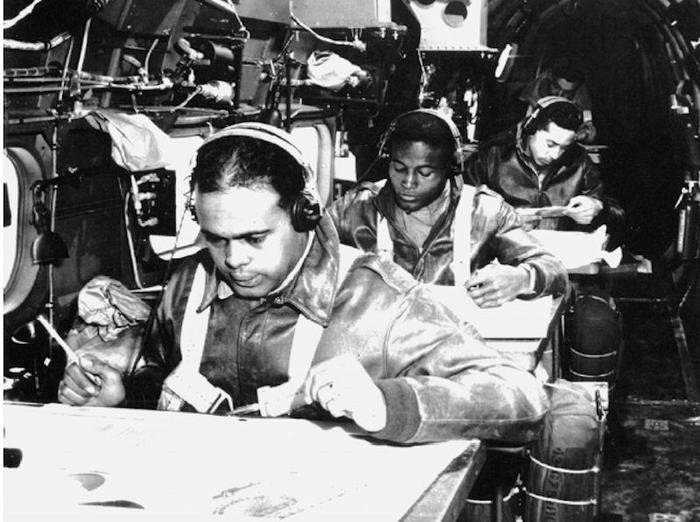
Tuskegee airmen during navigation training. Public Domain
These remarkable 72 African American Military Aviators were looked down upon as incapable of contributing anything to the ongoing battle of World War II. Despite facing huge racial prejudice, these airmen proved themselves far beyond expectations amassing up to 112 enemy aircraft kills including prized Nazi German fighters.
Their achievements were a step in paving the way for desegregation in the United States Military. Their resilience is a testament to the courage and sacrifices any Black men and women make in triumphing over racial discrimination both at home and abroad.
As we celebrate Black History Month we honor and remember the numerous others whose tenacity, courage, and hunger for justice have continued to shape Black history.

Okechukwu Nzeribe works with the Onitsha Chamber of Commerce, in Anambra State, Nigeria, and loves unveiling the richness of African cultures. nextquestservices@gmail.com




